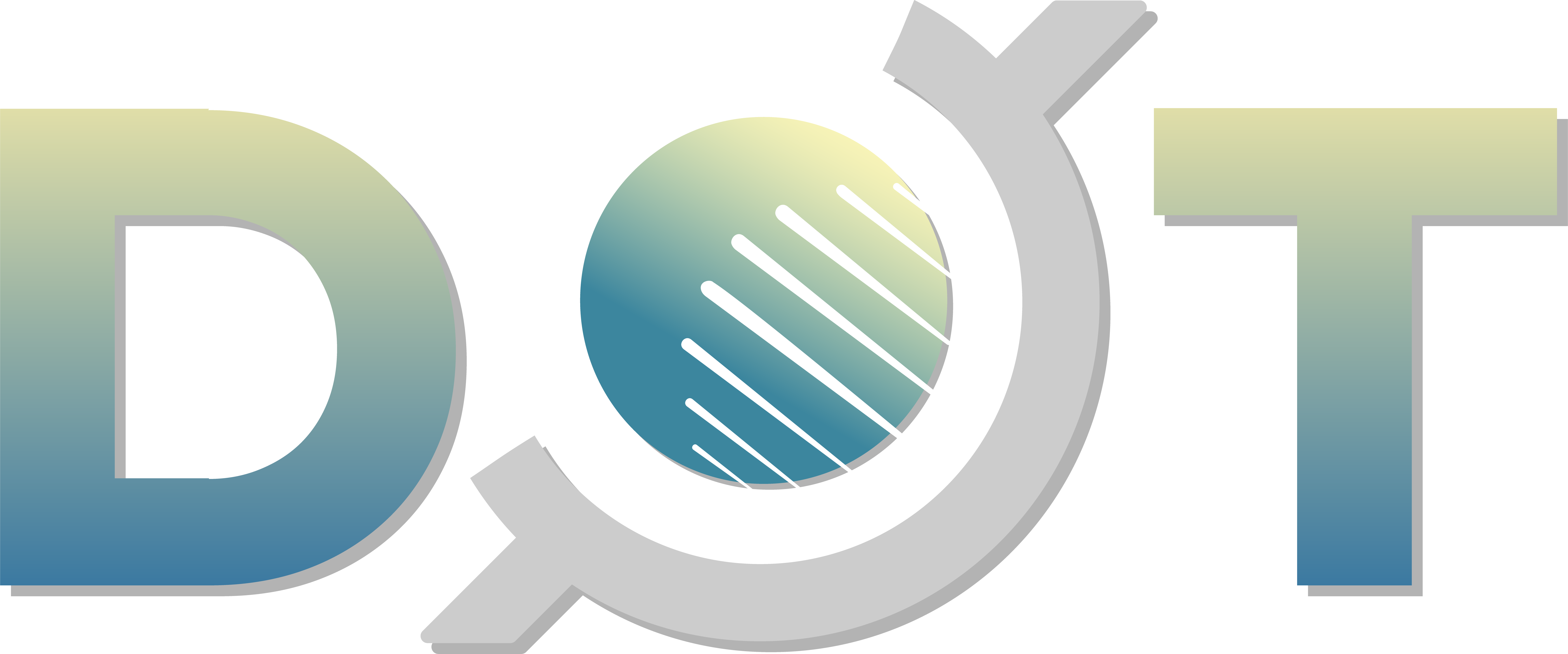
Education Bureau: Hong Kong's Education Will Develop in the Directions of Internationalization, Digitization, and Diversification
Hong Kong is committed to becoming an international hub for higher education, and while increasing the intake of non-local students, there are concerns about balancing talent recruitment with the allocation of educational resources. The Secretary for Education, Christine Choi, stated yesterday (Jan. 21) that the Education Bureau is reviewing the definition of "local students" during the admissions process for higher education institutions. This review will consider policies from places like the UK and Singapore, and consult with other government departments and stakeholders to ensure fair competition for places.
Choi mentioned that the recent release of a blueprint for building strong education system by 2035 by the Central People's Government is crucial for Hong Kong. The education sector will develop along the paths of internationalization, digitization, and diversification to align with national strategies.
Currently, the definition of "local students" in Hong Kong includes those holding various documentation, such as Hong Kong permanent resident identity cards, One-way permits, and visas for dependents of talented recruits (first issued to those under 18). At a media luncheon held by the Education Bureau, Choi pointed out that with over 100,000 talents moving to Hong Kong in recent years, their children's basic education is secured, but competition for university places is intense. Therefore, it is necessary to re-examine the definition of "local students" to maintain educational fairness. The review process will also need to consider factors that could affect the willingness of talents to come to Hong Kong, as well as the city's competitiveness and attractiveness.
Choi also indicated that the recently released blueprint discusses strategies for improving the openness of education over the next decade, coinciding with a golden period for Hong Kong's educational development. Internationalization is a key goal for Hong Kong education, which can be enhanced through the performance of local universities in curriculum design, teacher training, and research.
Increasing "Belt and Road" Scholarships to Attract Quality Students
Choi also mentioned that eight funded universities have jointly establishedHeads of Universities Committee's Standing Committee on Internationalisation (HUCOMSCI). The Education Bureau and the Education Commission Secretariat are actively collaborating with this group to further promote the "Study in Hong Kong" brand, expand international networks, and recruit students from diverse regions. They have already signed exChoige agreements with many institutions worldwide, yielding positive results.
Additionally, the Education Commission has allocated an extra HK$10 million to specifically sign cooperation agreements with key countries along the Belt and Road Initiative, as well as to connect with local high schools to increase "Belt and Road" scholarships, attracting more quality students to Hong Kong.
Continuing to Strengthen the Digitization of Education and School Operations
Regarding digitization, Choi pointed out that in line with the national vision of "Revitalizing the Nation through Science and Education" and the rapid development of artificial intelligence (AI), Hong Kong schools are intensifying STEAM education. Updates to science curricula for primary and junior secondary levels will be rolled out to address technological challenges.
Choi noted that the application of electronic learning in schools has become widespread. The newly established Steering Committee on Strategic Development of Digital Education (SCSDDE) will maintain close communication with the industry, further enhancing the digitization of education and school operations in the future.
She emphasized that Hong Kong's education aims to cultivate diverse talents, supporting the development of the "Eight Major Centers" and the diversification of industries to enhance the city's competitiveness. This includes a strong push for vocational education; in the past year, two applied science universities have been established to train more applied talents beyond traditional academic education. The Education Bureau will continue to strengthen cooperation with the mainland, recognizing qualifications and enhancing development opportunities for the younger generation.
Related News:
Govt to promote women's employment from multiple aspects, Chris Sun says


















Comment